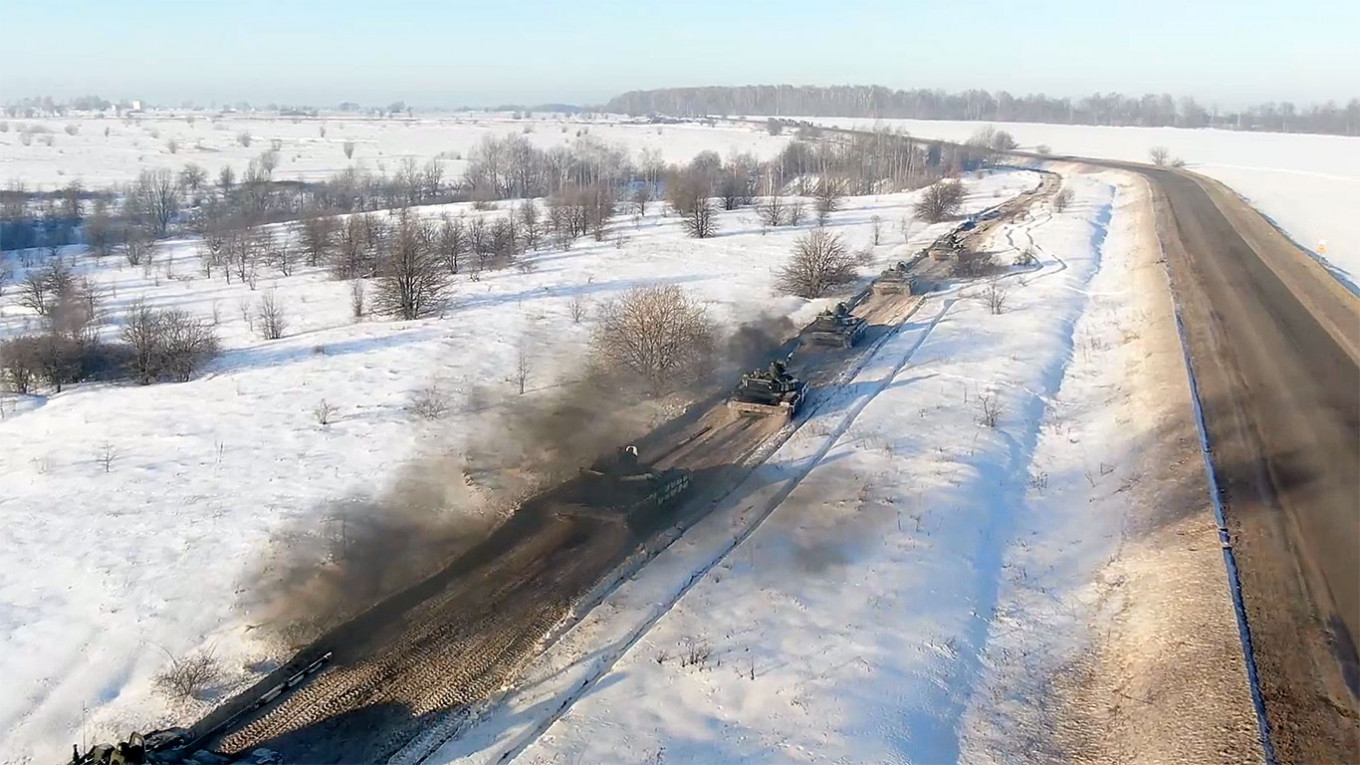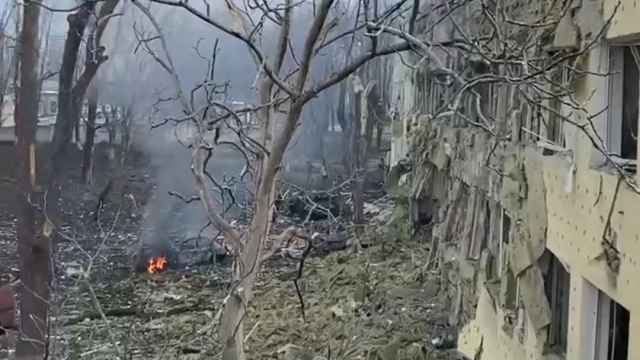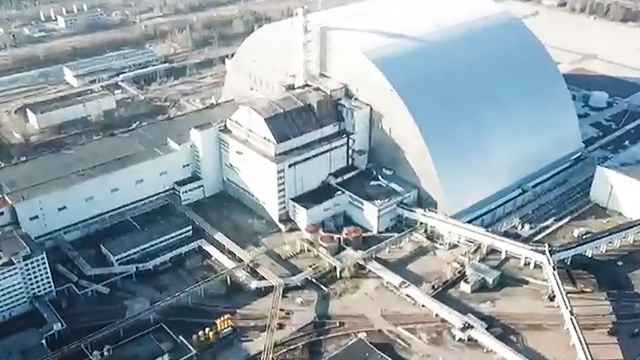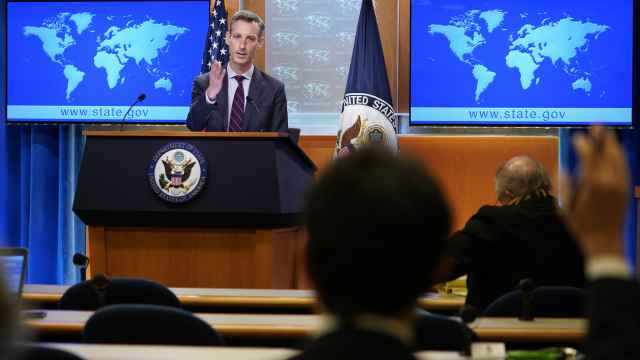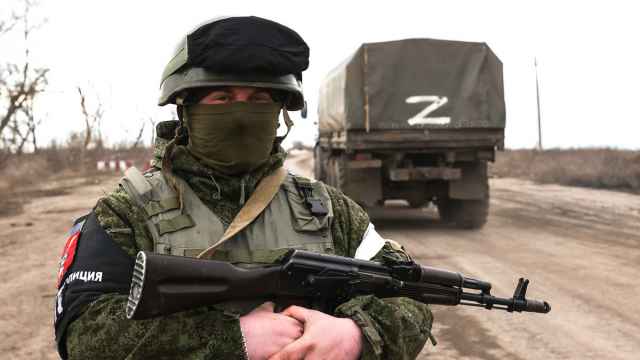No one wants a major war in Europe. After all, regardless of how it might unfold or end, such a war would bring countless negative consequences for everyone directly and indirectly involved. And not only for them. Such a conflict would spell the final and irreversible collapse of the existing international order.
It would take not years, but decades to fully recover from such a catastrophe. If they let such a thing happen, the current generation of Western leaders would go down in history as a bunch of irresponsible, short-sighted politicians who thoughtlessly allowed the destruction of the modern world.
Unfortunately, though, a major war remains possible because neither side is willing to back down. At this point, it is no longer so important who is right or wrong. Reality and logic are giving way to subjective ideas and perceptions. Rational interests and priorities are being replaced by conditioned reflexes and dark instincts. A retreat by either side would be perceived as a loss of face, a sign of weakness and an involuntary invitation to opponents to step up the pressure.
The escalation of tensions is a risky and dangerous but frequently used instrument of foreign policy. Governments opt to raise the stakes when the standard approach of negotiation and compromise fail to resolve the issue at hand, when efforts to draw an opponent’s attention to a particular problem prove unsuccessful, or as an attempt to force an opponent into dialogue.
All sides in the current conflict have shown their willingness to raise tensions: Kyiv in Donbas, NATO in the Black Sea and Moscow on the Russian-Ukrainian border.
Anything might trigger an armed conflict — human error, a technical failure, a lack of information about what is happening on the other side or an irresponsible provocateur acting on their own.
Even a cyberattack could quickly escalate into open hostilities.
This being the case, the most urgent task is to prevent war from breaking out. This does not eliminate the need to hammer out a new security system in Europe, but if war cannot be prevented, all such discussions would be rendered moot and a new system of European security could only be built in the post-war world, under completely different conditions and on the ruins of modern European politics.
This makes the de-escalation of tensions the top priority. And this de-escalation must be simultaneous and coordinated wherever conflict could break out — in Donbas, at the Russian-Ukrainian border, in the Black Sea, on the borders of Belarus and Poland, in cyberspace and in the media. An urgent and radical de-escalation of the militant rhetoric must occur at all levels.
This can be achieved using mechanisms well-known to all sides in the crisis.
In Donbas, de-escalation requires that the “Normandy Four” focus on the military component of the Minsk agreements — a sustainable truce, the withdrawal of heavy weapons and the strengthening of the OSCE mission.
For Moscow and Brussels, it means reviving the Russia-NATO Council, including all of its military aspects. For the OSCE, de-escalation requires updating the Vienna Document 2011 on Confidence- and Security-Building Measures in Europe.
Additional confidence-building measures relating to the Black Sea region, the Arctic, etc. must also be urgently discussed and enshrined in an appropriate agreement.
Even de-escalating in this and similar ways will not solve all the problems that Russia has with the West and Ukraine, but it would make it possible for the parties to step back from the brink and claim a political victory.
None of these measures require making concessions on matters of principle, staging a strategic retreat or surrendering vital positions.
But taken together, they would create a fundamentally different political and psychological environment in Europe. This, in turn, would make it possible to hold serious discussions on more complex issues, including NATO expansion and the indivisibility of European security, guarantees for Russian and Ukrainian security, the future of arms control and the strengthening of pan-European institutions and structures.
Although these discussions will inevitably be long and difficult, they cannot even begin without first resolving the current, acute phase of the political crisis.
The crisis unfolding before our eyes comes as something of a cold shower for Europe. The torrent of ice-cold water has forced European politicians to shake off their lethargy and drowsiness of recent years. In fact, a cold shower is good for the health: it improves muscle tone, strengthens blood vessels and the immune system, burns calories and refreshes the body.
But standing too long under a cold shower is risky for anyone in less than perfect health. It could cause a jump in blood pressure for someone with hypertension, trigger a heart attack or increase the likelihood of colds and viral illnesses. In no way can modern Europe be considered entirely healthy, so it must quickly get out of this cold shower and dry itself off with a warm terrycloth towel.
An English version of this article was first published by the Russian International Affairs Council.
A Message from The Moscow Times:
Dear readers,
We are facing unprecedented challenges. Russia's Prosecutor General's Office has designated The Moscow Times as an "undesirable" organization, criminalizing our work and putting our staff at risk of prosecution. This follows our earlier unjust labeling as a "foreign agent."
These actions are direct attempts to silence independent journalism in Russia. The authorities claim our work "discredits the decisions of the Russian leadership." We see things differently: we strive to provide accurate, unbiased reporting on Russia.
We, the journalists of The Moscow Times, refuse to be silenced. But to continue our work, we need your help.
Your support, no matter how small, makes a world of difference. If you can, please support us monthly starting from just $2. It's quick to set up, and every contribution makes a significant impact.
By supporting The Moscow Times, you're defending open, independent journalism in the face of repression. Thank you for standing with us.
Remind me later.



